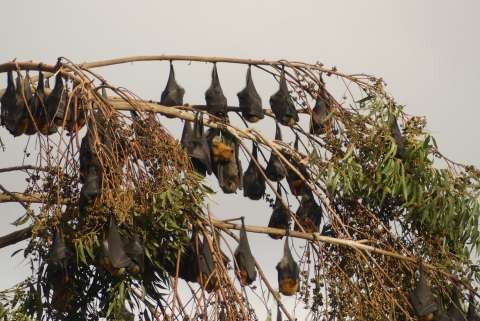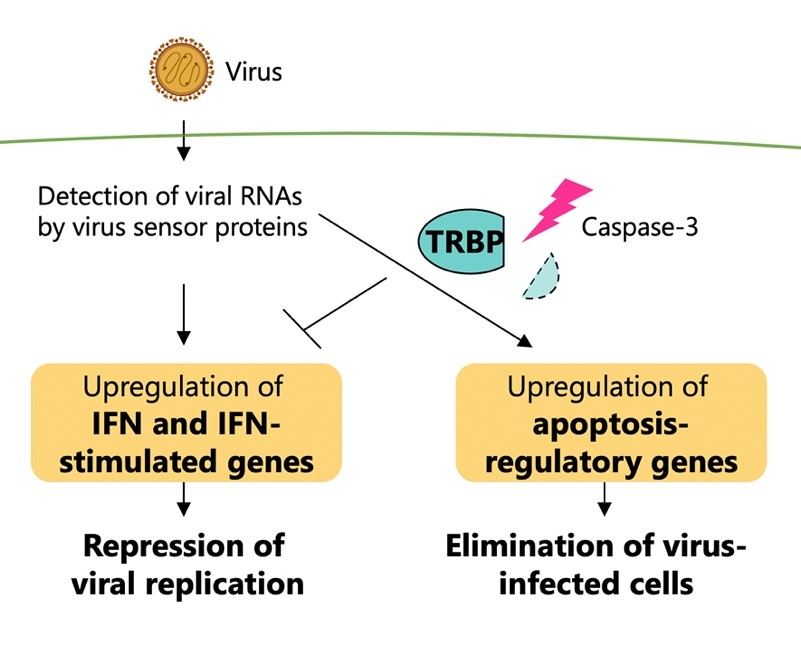Greater Shepparton City Council would like to remind residents of the facts in relation to Cussen Park’s Grey Headed Flying Fox colony and human health.

Flying foxes play a major role in the regeneration of native hardwood forests by pollinating as they feed and disperse seeds while moving through the forest. This is crucial to the genetic diversity of important native flora species such as eucalyptus trees. There are also over 300 species of fruit trees that are dependent on bat pollination. A single flying fox can disperse up to 60,000 seeds in one night.
Grey Headed Flying Foxes are a nationally threatened species afforded protection under the Commonwealth Environment Protection and Biodiversity Conservation Act 1999 (EPBC Act). Harassing or causing injury to this nationally threatened species is illegal and carries a maximum penalty of $3,109.
Victorian colonies of Grey Headed Flying Foxes have increased in population over the past three years due to heat waves and land clearing in NSW and QLD. Greater Shepparton City Council engaged a specialist consultant to create a management plan for Cussen Park’s bat population. The Grey Headed Flying Foxes are rigorously monitored with all management options discussed and enacted accordingly, including consideration to other park users.
Flying foxes are not a significant threat to human health. While bats carry two diseases which can infect humans – Australian Bat Lyssavirus (ABLV) and Hendra virus – rates are extremely low in the bat population and transmission is unlikely.
Wildlife Victoria Chief Executive Officer Megan Davidson advised, “There is currently no evidence that the Novel Coronavirus occurs in any Australian wildlife species, including bats. We are reassuring people that they are not at risk from contracting the disease from wildlife, but that they should follow the government’s directions about physical distancing from other people and practice meticulous hygiene, to reduce their risk.”
Only trained volunteers or workers who have been vaccinated should ever handle bats. If anyone encounters a sick or injured bat, they should not attempt to touch the animal but call Wildlife Victoria on








